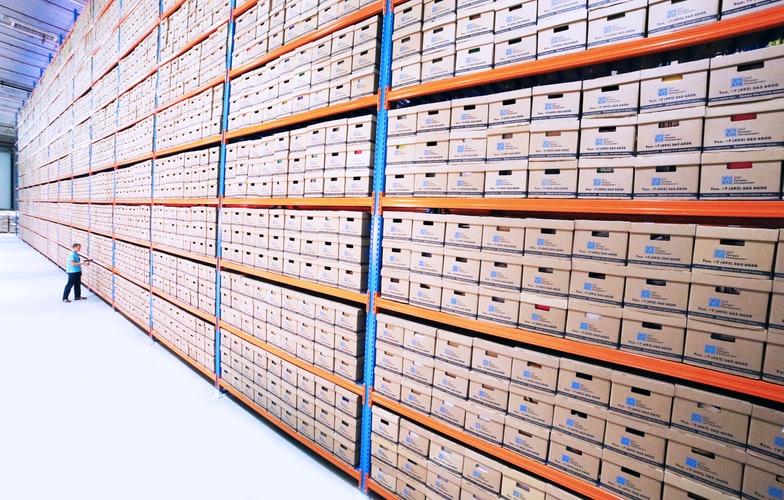
Many people don’t realize how supply chains affect our daily lives. We shop, consume and give little thought to how much-needed merchandise and products get stocked on shelves. Global cargo shipping and trade are the lifelines of our worldwide supply chain and economy. It is fascinating how emerging technologies shape the Industry’s future to ensure its strength, stability, and success. In the related article, Greek shipping magnate Victor Restis explains several exciting insights that people should read and understand.
Technology has advanced civilizations since the dawn of time. The discovery of fire and the invention of the wheel are all prime examples of how technology changed life as we know it. Each new introduction of an emerging technology enhances our everyday lives. With this in mind, it is easy to see how technologies from the digital age are implemented to ensure the operational safety of the global supply chain. More importantly, technology is being used to thwart threats of potential harm, causing future disruptions.
My understanding of technology is limited to consumer use. Smartphones, video games, and what I see in the movies is about the extent of my discovery. But thankfully, there are leaders like Victor Restis at the helm of industries that affect my life. Mr. Restis talks about the potential integration of these technologies across many different sectors within the global shipping industry. Because the maritime Industry reports more than two million seafarers, it is no wonder why crew safety is one area of early adoption of new technologies. As we found out with COVID, we can automate as much of the Industry we want, but without people, our shipping lanes and chains are slowed to a near stop. The investment in crew health and safety is job number one toward maintaining a healthy, sustainable.
COVID-19 has opened our eyes to the importance of the health of global supply chains. We must ensure the safety and stability of how our food and other necessary products reach our stores, and our kitchen tables, and international shipping and supply chains have everything to do with that. If you thought you had a hard time trying to get masks and hand sanitizer, imagine if you couldn’t get food or clean water. We would delve into the dark ages, and it would be chaos in the streets – dangerous streets, I might add. Thankfully, there are like-minded people, like Mr. Restis, in influential, essential roles looking for ways to use technology to ensure supply chains remain strong no matter what humanity faces in the future.



